Are Heated Blankets Safe for Your Home?
4 minute readHeated blankets offer cozy warmth during winter, but are they safe?
Home > Blog > What to Do When Your Power Goes Out
Power outage tips and checklist
8 minute read • Last update January 2025
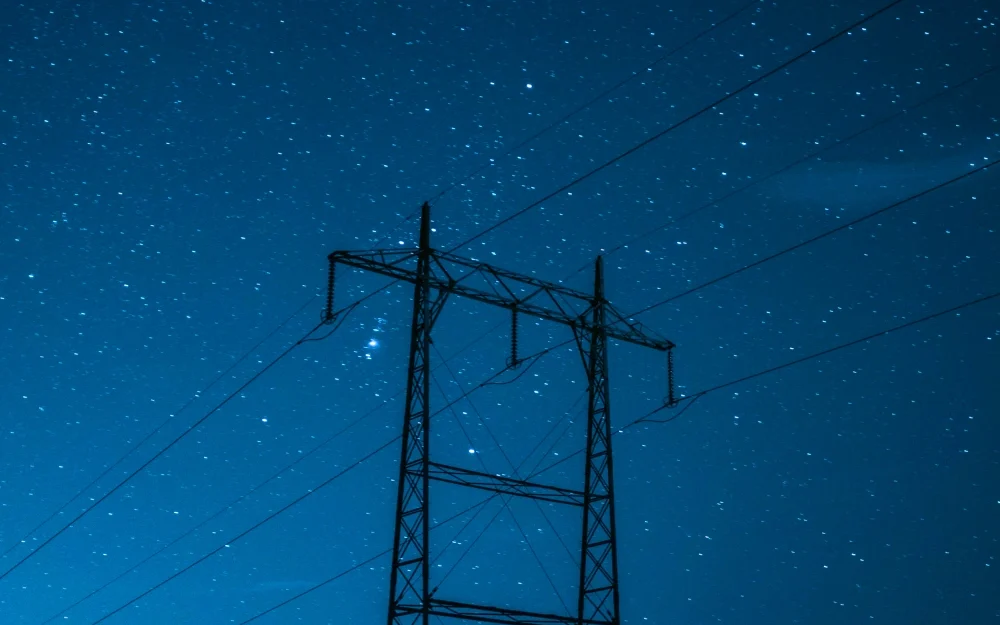
When the lights suddenly go out, it’s easy to feel lost in the dark. While power outages can be disorienting and even daunting, being well-informed and prepared can make all the difference. This comprehensive guide is tailored to provide you with the knowledge and tools needed when facing a power outage. Whether it’s preparing your home, knowing who to contact, or ensuring you stay safe throughout the blackout, this article is your ally in navigating the dimmed hallways of a blackout.
Safety First: Stay away from downed power lines and report them immediately. Avoid opening refrigerators or freezers to keep food cold longer, and avoid using candles due to fire risks; opt for flashlights or battery-operated lamps instead.
Stay Informed and Prepared: Have a battery-operated radio on hand to listen for updates, especially during severe weather conditions. Keep mobile devices charged and consider investing in a portable charger.
Reach Out to Your TDU: In Texas, identify your specific Transmission and Distribution Utility based on your region and report the outage. Bookmark relevant contact pages, like www.bkvenergy.com/outage, for easy access during emergencies.
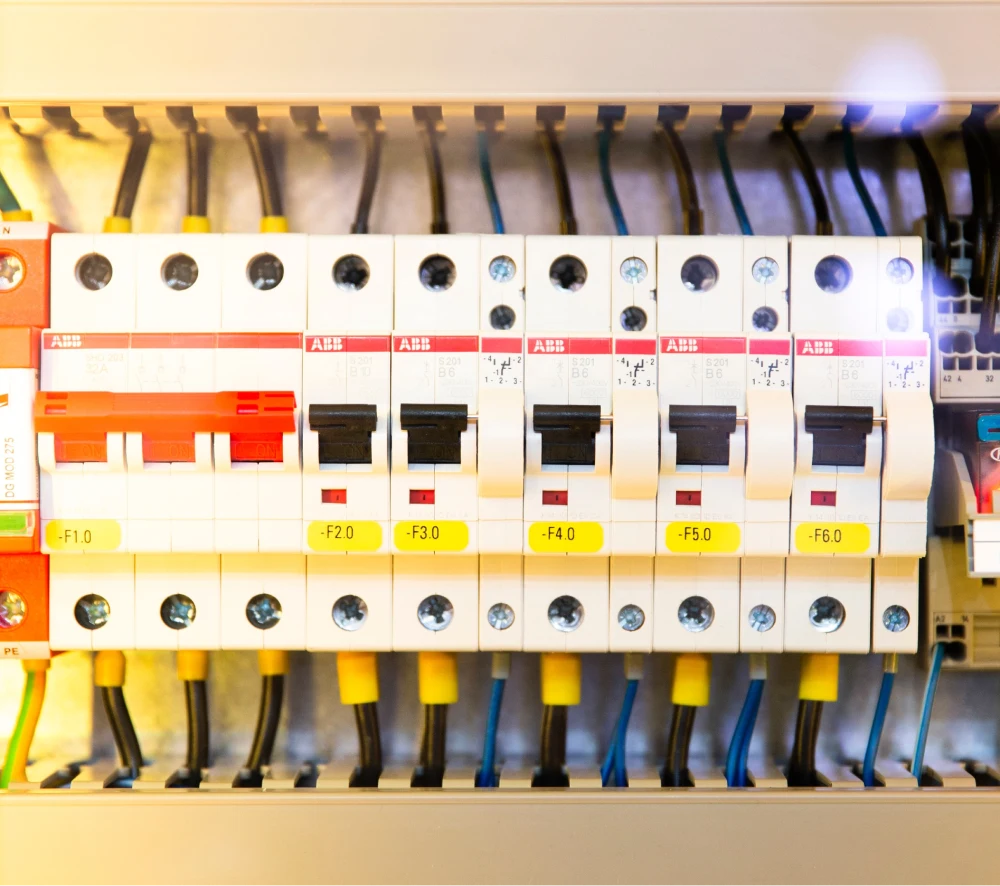
When you suddenly lose power, staying calm is essential. Power outages can be caused by a variety of circumstances including energy spikes which could harm electrical systems in homes. To avoid any potential injuries or damages, caution and safety protocols should be observed.
Texans face a unique set of challenges when it comes to power reliability. In a recent study, it was revealed that Texas leads the nation in weather-related major power outages, with a major outage being defined as an event impacting over 50,000 customers. This underscores the importance for Texans to be especially prepared for power outages.
When a power failure happens, it is important to distinguish if it’s localized or extensive. Begin by observing the surrounding environment: are streetlights still glowing? Do neighboring homes seem to be affected? If the power outage appears isolated to your residence, it’s likely an internal issue. Try accessing your fuse box and resetting the circuit breaker as this may quickly resolve matters.
If you’ve failed at restoring electrical stability yourself or if you’re uncertain about the nature of the problem, it’s crucial to resist the urge for DIY solutions. Instead, reach out to a licensed electrician. Remember, when it comes to electricity, safety should always be the top priority.
Protecting your electrical appliances and electronics is vital during a power outage. It’s advisable to unplug any equipment and turn off your devices in order to avoid voltage spikes, also known as power surges. These surges can damage or shorten the lifespan of sensitive devices.
Utilizing surge protectors can help guard against these power surges by controlling the sudden rush of electricity when they occur. These devices act as gatekeepers, absorbing and redirecting excess voltage away from your equipment.
When power is restored, remember to gradually turn on your devices, starting with the most essential. This phased approach minimizes the risk of overloading your home’s electrical system and ensures the longevity of your appliances and gadgets.
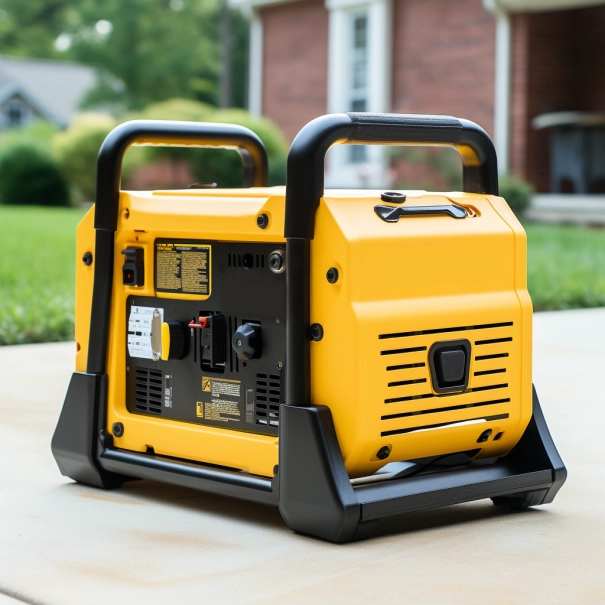
In the midst of a power outage, generators can be invaluable lifelines, providing an alternative source of electricity to keep essential appliances running and homes illuminated. However, their power comes with responsibilities.
First and foremost, always position generators outdoors and away from windows to prevent the buildup of carbon monoxide within your home. Ensure the generator is on a stable, dry surface and away from any potential water sources. When connecting devices, use heavy-duty extension cords specifically designed for outdoor use. Refrain from plugging the generator directly into your home’s main electrical system without a professionally installed transfer switch, as this can lead to dangerous backfeeding. Regularly check the generator’s fuel levels and never refuel while it’s running.
You should always review all manufacturer guidelines. Power outages require heightened attention on safety measures regarding generator usage which are necessary to protect your household.
Maintaining open lines of communication is crucial during a power outage. Ensure you have a battery-operated radio on hand to receive timely updates from local authorities and news stations. Additionally, conserve your mobile phone’s battery by using it sparingly, and consider investing in walkie-talkies to stay connected with nearby family and neighbors.
Regional TDUs (Transmission and Distribution Utilities) own and are responsible for maintaining the electrical wiring across the Texas power grid. Your local TDU will have the latest updates on the status of an outage and are the best source of information for timelines. The below information will help you find the best way to contact your TDU.
In Texas, there are four major Transmission and Distribution Utilities (TDUs) that serve different regions. Your specific location within the state determines which TDU is responsible for your area. In the event of a power outage, it is essential to contact your respective TDU, as they are the entities tasked with maintaining the infrastructure and restoring power.
To streamline this process and ensure you have the correct contact information at your fingertips, visit ww.bkvenergy.com/outage. This page provides detailed contact information for each TDU and offers further guidance on addressing power-related concerns.
Disclaimer: BKV Energy is a retail electricity provider certified by the Texas Public Utilities Commission to supply retail electricity to consumers. BKV Energy is not a TDU and is not affiliated with any TDUs. In the event of an power outage or emergency such as a downed power line, please contact your TDU to report the situation.
During a power outage, taking steps to preserve food safety is of the utmost importance. Make sure not to open your refrigerator and freezer doors when there’s no electricity. This will help keep their internal temperatures stable and protect any food inside from spoilage. To avoid getting sick as well, be mindful of what you eat while following guidelines for proper fridge/freezer usage during such blackouts. P
During a power outage, temperature should be kept in check and the refrigerator doors must stay shut. A sign on its door will remind everyone of this precautionary measure to ensure that food safety is maintained. One can even seal it with tape. If no electricity lasts for more than four hours, then perishable foods need to be discarded.
In the event of a power outage, keeping frozen food safe is essential. It’s important to note that if your freezer is full it will stay at its current temperature for up to 48 hours while one that isn’t filled completely can last only 24 hours before losing its chill. Check how solid your ice cubes are as an indication whether or not you should consume the items inside safely and remember to have coolers with extra blocks of ice in order to store perishable goods from spoiling without putting them into waterproof containers such as zip-lock plastic bags.
In the event of a power outage, keeping warm or cool is essential depending on weather conditions. If it’s cold outside, everyone should congregate in the room with the most warmth and wrap up tightly – that includes wearing several layers such as socks and head coverings for added insulation.
For hot days, move to lower areas of your house while wearing light garments which allow breathability. Always remember to use safe methods when attempting heating/cooling so there will be no risk of carbon monoxide poisoning from any appliance powered by gas-generated electricity.

Prior to a power outage, it is imperative that you store an adequate amount of safe drinking water. If using a source whose purity is unknown, boil the water for at least one minute prior to consumption.
On any given day, we should be consuming 48 ounces (an extra 12-16 in hot weather) of safe and clean water as part of our diet. Make sure never to neglect hydration even during times without electricity supply.
In case of a power failure, it’s important to have secure and reliable lighting solutions. Lights like battery-powered lanterns or flashlights are perfect for keeping your house illuminated if the electricity goes out. Make sure you always keep spare batteries in stock that can be stored safely at room temperature so they last longer!
In the event of a power outage, it is important to take precautions with medicine that need refrigeration. Utilize an ice-filled cooler and place medications in watertight bags, like zip-lock plastic containers. This way they are kept cool and safe. It’s essential to abide by all directions given by your healthcare provider regarding storage during power outages.
Being prepared for a power outage involves more than just having a flashlight handy. Proactive preparation is the key to navigating power outages with minimal disruption. Establish an emergency kit equipped with essentials like flashlights, batteries, and non-perishable food items. Evaluate and prepare your home. Regularly review your emergency preparedness plan, ensuring all household members are familiar with the steps to take when the lights go out.
Having the right emergency kit is essential for a power outage. Some necessary items to include are:
Flashlights with extra batteries
Nonperishable food supplies
Bottled water
First aid kit
Portable charger for cell phone
An emergency kit is your go-to resource during a power outage. Regularly check and refresh your emergency supplies to ensure everything is in working order and safe for consumption when the need arises.
Every home, regardless of its age or design, has unique vulnerabilities that can become pronounced during a power outage. It’s essential to conduct a thorough assessment of your residence to pinpoint areas that might be especially susceptible in the absence of electricity.
This could range from rooms that rely heavily on electric ventilation, leaving them stifling during a summer outage, to spaces that become pitch-black without artificial lighting, posing potential safety hazards. Additionally, consider external factors like trees that could threaten power lines or the home’s proximity to flood zones. By understanding and addressing these vulnerabilities proactively, homeowners can mitigate risks and ensure a safer environment during unexpected electrical disruptions.
Staying proactive and keeping up to date on power outages is key for minimizing the impact of losing or having limited access to electricity. Tech tools like Downdetector can be extremely useful in obtaining real-time information regarding various services as well as monitoring internet availability.
By being informed about any potential power outages before they happen, you will have a better idea how best to prepare yourself should an extended power outage arise.
When it comes to selecting an energy provider, you want to choose a company who can provide transparency and reliable customer service no matter the circumstance.
BKV Energy prides itself on offering straightforward, easy-to-understand plans tailored to meet the diverse needs of its customers. With an unwavering commitment to quality customer service, whether you have queries about your plan, need assistance with billing, or are seeking energy-saving tips, BKV Energy’s dedicated team is always ready to assist.
Choosing BKV Energy means choosing a partner that values transparency, reliability, and customer care.
Graham Lumley, Digital Marketing Manager at BKV Energy, leads digital and traditional marketing strategies, focusing on educating Texans about the state's deregulated energy market. With over 8 years of marketing experience, he creates content to help consumers understand and save on their energy bills, bringing a fresh and dynamic approach to the industry.
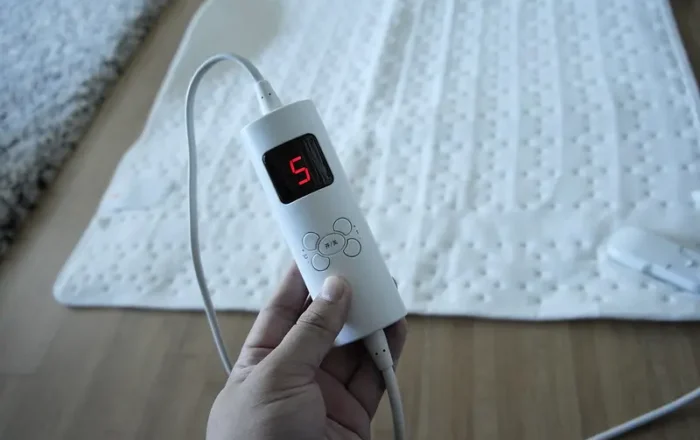
Heated blankets offer cozy warmth during winter, but are they safe?
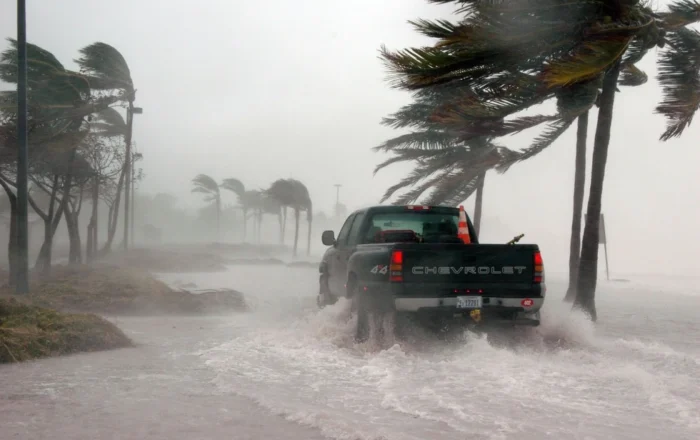
Learning how to prepare your house for a hurricane is essential to mitigate the potential damage caused by gale-force winds, flying debris, and heavy rain. In this quick guide, we’ll explain everything you need to know about how to hurricane-proof your home. However, it must be noted that these solutions…
Get $50 off your electric bill!
Use code BKVEJOINUS50
Enter your zip code to shop BKV Energy's affordable, fixed-rate Texas electricity plans. Use the promo code for $50 off your electric bill.